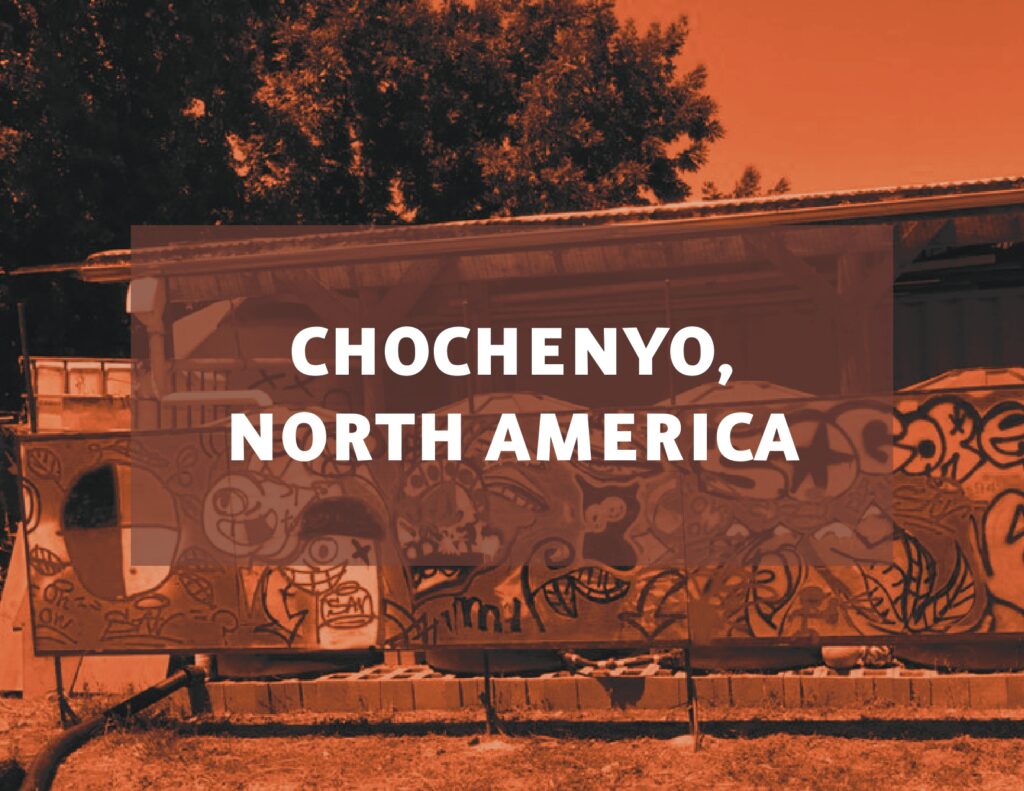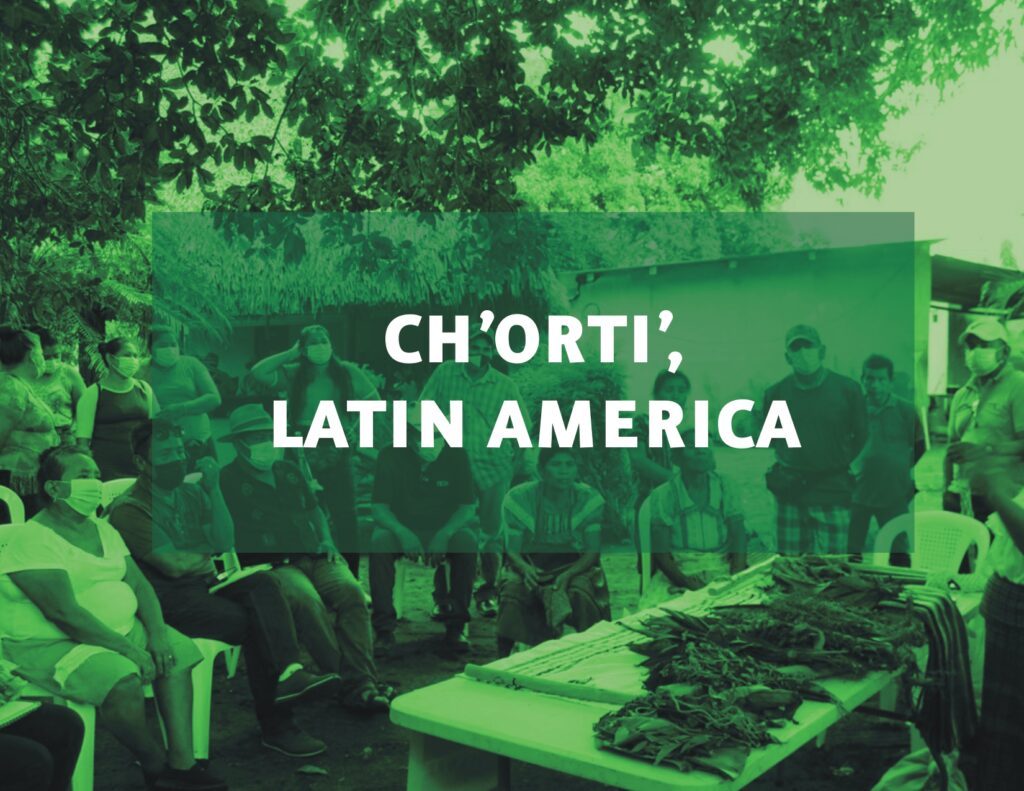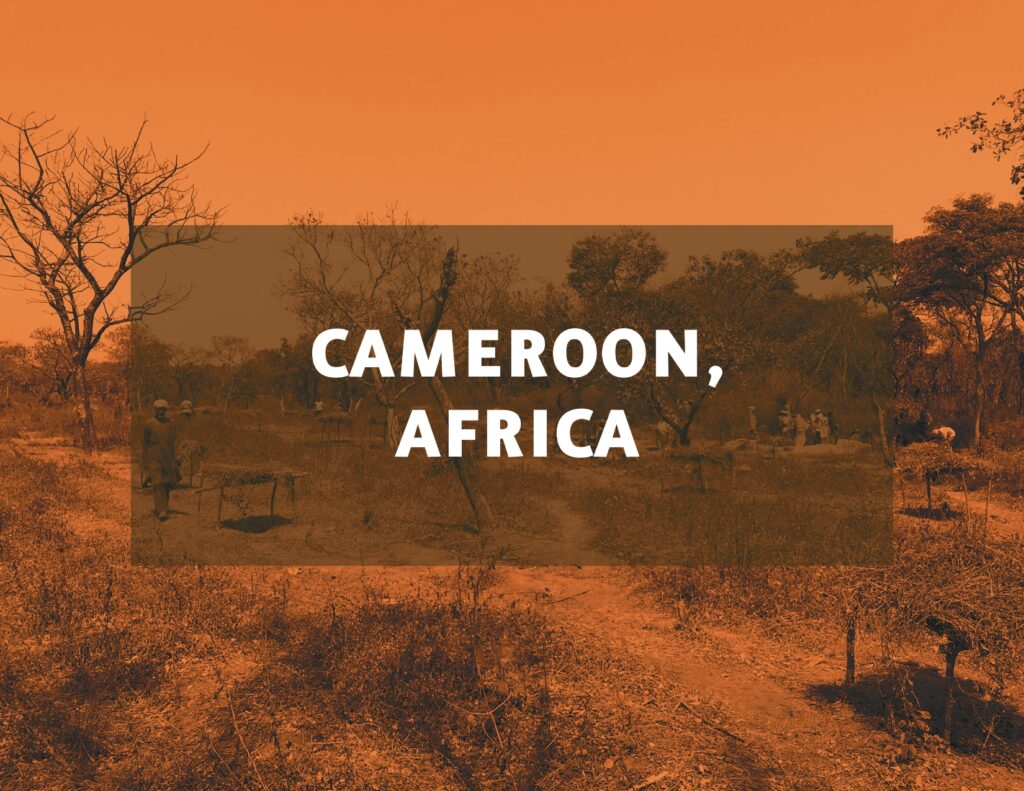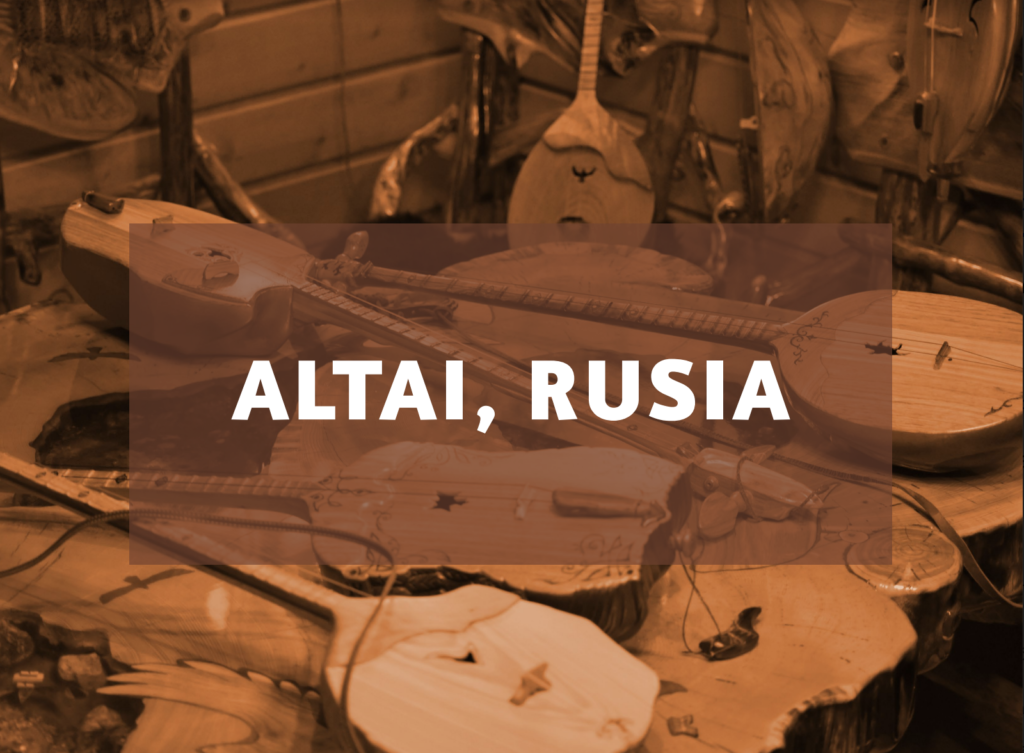“Rematriation is an act of returning to a life of culture, the place that corresponds to it in Mother Earth”
Indigenous Peoples perceive nature as part of their family, not as resources, so it is necessary to conduct ourselves with respect to it if we want to survive here on earth.
Our story is based on a new concept that focuses on indigenous knowledge focused on women, which was created by indigenous women in North America and is also being implemented in Africa.





